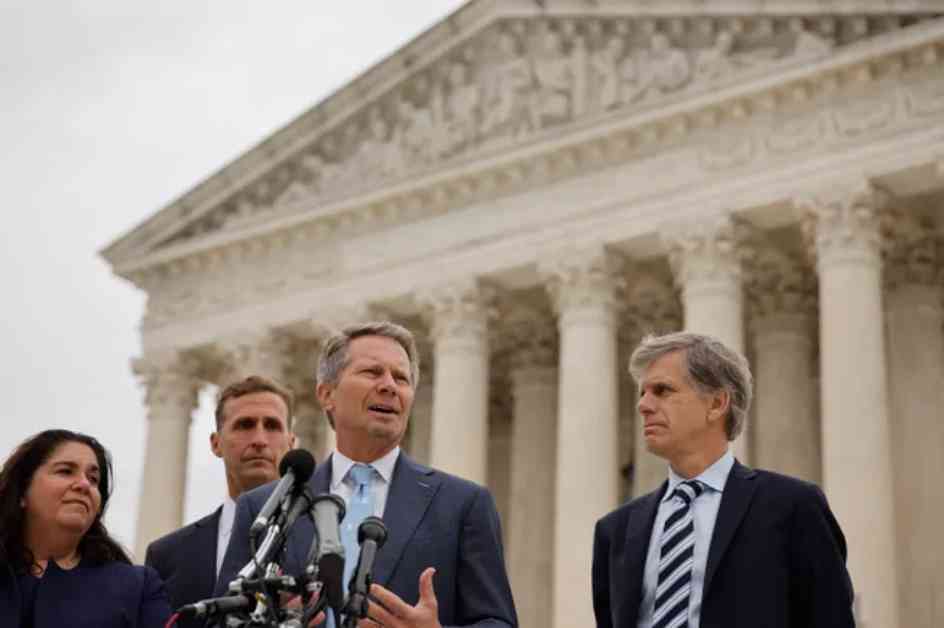Amid Calls for Neutrality, UNC Charlotte Closes DEI Offices
The University of North Carolina Charlotte recently made headlines when it announced the dissolution of its three Diversity, Equity, and Inclusion (DEI) offices. The offices affected were the Office of Diversity and Inclusion, the Office of Identity, Equity and Engagement, and the Office of Academic Diversity and Inclusion. This decision was made in response to a new system-wide policy that prohibits such offices from existing within the university. As part of the restructuring, 11 workers were reassigned to different roles within the institution.
According to the policy, titled Equality Within the University of North Carolina, all offices and positions at System institutions must adhere to institutional neutrality. This means refraining from compelling others’ speech and avoiding the promotion of political or social concepts through training or required beliefs. Specifically, the policy prohibits any institution within the System from having offices that focus on diversity, equity, and inclusion. All UNC institutions are required to comply with the new policy by September 1.
UNC Charlotte is currently in the process of reviewing its websites, employee training, and programming to ensure compliance with the new policy. The university may make additional adjustments before the deadline to align with the requirements set forth by the policy. A spokesperson for UNC Charlotte stated that the university did not have anyone available for an interview and directed inquiries to public resources detailing the changes.
The decision to close the DEI offices at UNC Charlotte comes in the wake of a significant U.S. Supreme Court ruling in June 2023. The ruling, which combined complaints concerning Harvard University and the University of North Carolina at Chapel Hill, deemed race-conscious college admissions programs unconstitutional. This landmark decision has raised concerns among employment experts about the potential impact on diversity, equity, and inclusion efforts in both academic and corporate settings.
In May 2024, the UNC Board of Governors voted to repeal and replace the Policy on Diversity and Inclusion Within the University of North Carolina with the new neutrality-focused policy. This shift reflects a broader trend in higher education institutions towards neutrality and away from diversity-focused initiatives.
Despite the closure of its DEI offices, UNC Charlotte maintains its commitment to supporting faculty members’ academic freedom and initiatives aimed at student success. These initiatives include mentorship programs for first-generation college students, cohort-based programs connecting students with shared identities to campus resources and each other, and networking events designed to foster community and support.
The decision by UNC Charlotte to dismantle its DEI offices is part of a larger national conversation surrounding diversity, equity, and inclusion efforts in higher education. Institutions across the country are facing pressure from various stakeholders to reevaluate their DEI initiatives and policies.
Subheading: Impact of the Supreme Court Ruling on DEI Efforts
The U.S. Supreme Court ruling in June 2023, which declared race-conscious college admissions programs unconstitutional, has had far-reaching implications for diversity, equity, and inclusion efforts in higher education. The ruling, which stemmed from cases involving Harvard University and the University of North Carolina at Chapel Hill, has raised concerns about the future of affirmative action and other diversity initiatives.
Employment experts warn that the Supreme Court ruling could have a chilling effect on corporate DEI efforts and limit the pipeline of diverse candidates entering the workforce. The decision has sparked debates about the role of race and ethnicity in admissions processes and the broader implications for diversity and inclusion in educational settings.
Subheading: UNC System’s Shift Towards Neutrality
The UNC Board of Governors’ decision to repeal and replace the Policy on Diversity and Inclusion Within the University of North Carolina with a neutrality-focused policy reflects a broader shift within the UNC System towards neutrality in institutional practices. The new policy emphasizes the importance of institutional neutrality and refraining from promoting political or social concepts through training or required beliefs.
This policy change has significant implications for all UNC institutions, including UNC Charlotte, as they are required to align their practices with the new guidelines by September 1. The move towards neutrality raises questions about the future of DEI initiatives within the UNC System and how institutions will navigate the evolving landscape of diversity and inclusion in higher education.
Subheading: National Trends in DEI Initiatives in Higher Education
The closure of the DEI offices at UNC Charlotte is part of a larger trend in higher education institutions across the country. Institutions are facing increased scrutiny and pressure to reevaluate their DEI initiatives in response to changing political and social dynamics.
For example, the University of Kentucky recently eliminated its DEI center and implemented a ban on mandatory diversity training and the use of diversity statements in hiring. This move was made in response to concerns expressed by conservative lawmakers in the state and reflects a broader trend towards neutrality in institutional practices.
Similarly, Wisconsin legislators voted to withhold pay raises awarded to state employees at the Universities of Wisconsin as part of a larger fight over DEI efforts. These actions highlight the complex and contentious nature of diversity, equity, and inclusion initiatives in higher education and the challenges institutions face in navigating these issues.
In Conclusion,
The closure of the DEI offices at UNC Charlotte and the broader shift towards neutrality within the UNC System reflect the evolving landscape of diversity, equity, and inclusion in higher education. Institutions are facing increasing pressure to reevaluate their DEI initiatives in response to changing political and social dynamics, raising questions about the future of diversity and inclusion efforts in academia. As the conversation around DEI continues to evolve, institutions must navigate these challenges thoughtfully and intentionally to ensure a more inclusive and equitable future for all members of the academic community.

